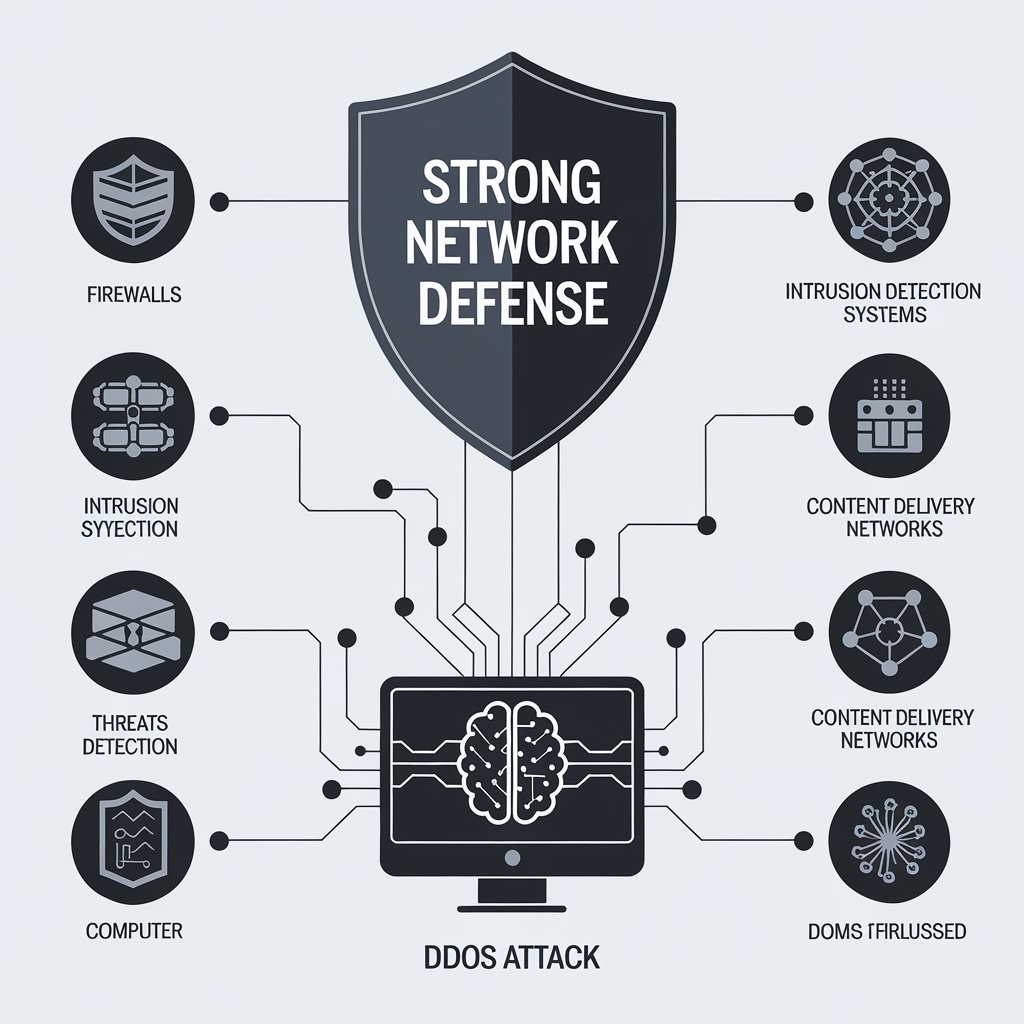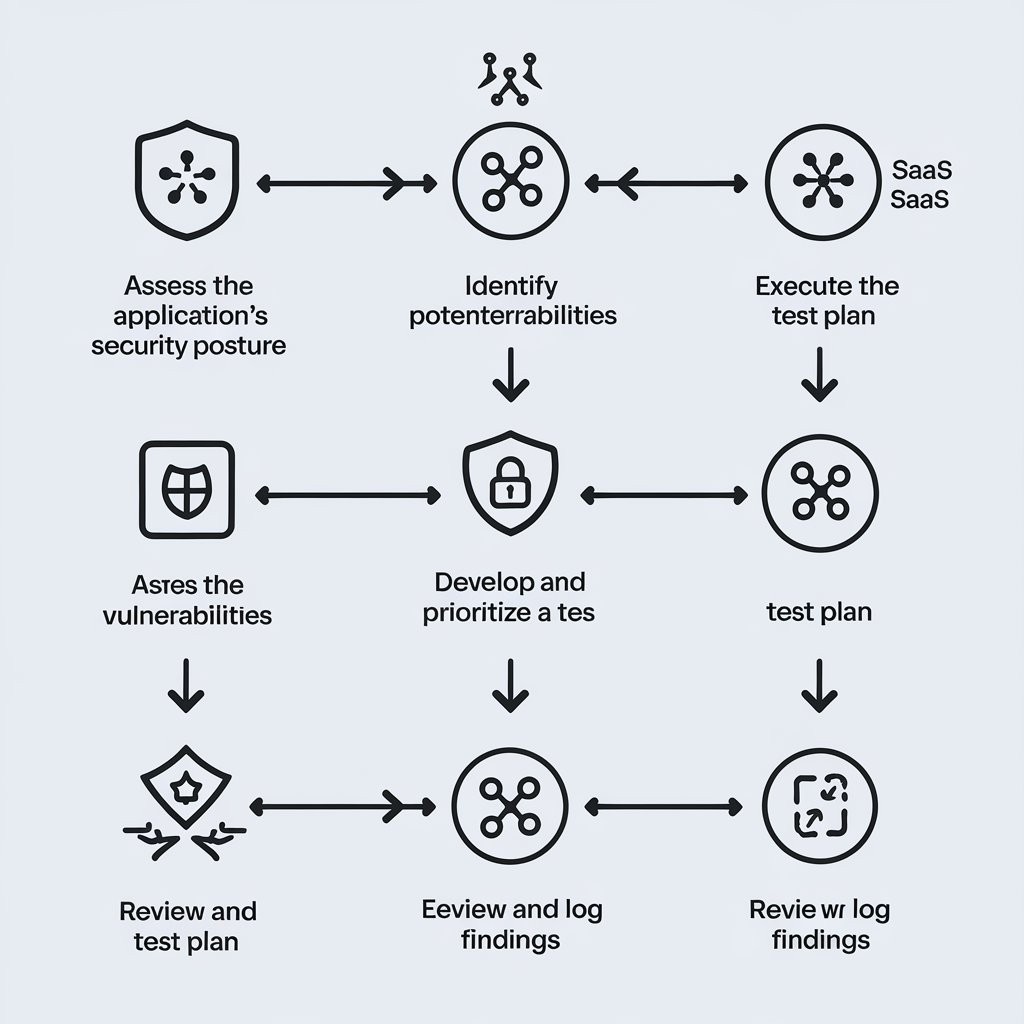Tools for cloud vulnerability assessments
News & Insights
6 Min Read
Tools for Cloud Vulnerability Assessments Cloud vulnerability assessments are essential to ensure that your cloud environment remains secure from cyber threats. These assessments help identify weaknesses and gaps that could potentially be exploited by attackers. Various tools are available to scan, detect, and mitigate security risks in cloud environments. Below are some of the top tools for cloud vulnerability assessments:
1. Amazon Inspector (AWS)
Overview: Amazon Inspector is an automated security assessment service offered by AWS. It helps in identifying vulnerabilities and deviations from best practices in your cloud infrastructure.
Key Features:
Automated vulnerability scanning.
Detects software vulnerabilities and configuration issues.
Integration with AWS CloudTrail and CloudWatch for continuous monitoring.
Supports both EC2 and containerized environments.
2. Qualys Cloud Platform
Overview: Qualys is a comprehensive cloud-based security platform that provides continuous security monitoring and vulnerability management.
Key Features:
Automated vulnerability scanning for web apps, databases, and cloud systems.
Cloud agent deployment for real-time monitoring.
Integration with major cloud platforms like AWS, Azure, and Google Cloud.
Compliance reporting for standards like PCI DSS, HIPAA, and GDPR.
Full asset discovery and inventory management.
3. Tenable.io
Overview: Tenable.io is a cloud-based vulnerability management platform designed to help organizations detect and manage vulnerabilities across their cloud and hybrid environments.
Key Features:
Scans for vulnerabilities in cloud infrastructure, networks, and web apps.
Integration with major cloud platforms such as AWS, Azure, and Google Cloud.
Provides vulnerability prioritization based on risk.
Detailed reporting with security posture insights and compliance checks.
Continuous monitoring with the ability to track changes and new vulnerabilities.
4. Rapid7 InsightVM
Overview: Rapid7 InsightVM is a vulnerability management tool that helps businesses detect and manage risks in their cloud environments.
Key Features:
Real-time vulnerability scanning for cloud infrastructure.
Integration with cloud services like AWS, Azure, and Google Cloud.
Dynamic and customizable reporting to assess the risk level.
Automated remediation suggestions.
Cloud-native agentless scanning for easy deployment.
5. Nessus (by Tenable)
Overview: Nessus is a widely used vulnerability scanner that provides comprehensive security assessments for cloud environments.
Key Features:
Scans for vulnerabilities, misconfigurations, and compliance violations.
Provides detailed reports with actionable insights.
Detection of common threats like malware, backdoors, and outdated software.
Cloud integration and support for various operating systems and platforms.
Ability to scan AWS and Azure cloud environments for security weaknesses.
6. CloudSploit
Overview: CloudSploit is a security and configuration monitoring tool that helps assess and protect your cloud environments (particularly AWS, Azure, and Google Cloud).
Key Features:
Detects misconfigurations, insecure cloud storage, and unnecessary open ports.
Focuses on AWS, GCP, and Azure services.
Compliance checks for standards like CIS and NIST.
Supports continuous monitoring and integration with SIEM tools.
Provides alerts and detailed reports to mitigate vulnerabilities.
7. Prisma Cloud (by Palo Alto Networks)
Overview: Prisma Cloud is a comprehensive cloud security platform that provides vulnerability management, compliance monitoring, and threat detection for cloud infrastructures.
Key Features:
Vulnerability scanning for cloud workloads and containers.
Continuous monitoring and policy enforcement.
Integration with CI/CD pipelines for DevSecOps workflows.
Full-stack visibility of cloud security, from infrastructure to applications.
Deep scanning for containerized environments and serverless functions.
8. Dome9 (by Check Point)
Overview: Dome9 is a cloud security posture management (CSPM) tool that helps organizations secure their cloud environments by assessing vulnerabilities and compliance risks.
Key Features:
Continuous monitoring of security configurations.
Real-time alerts for suspicious activities or security issues.
Automated risk assessments and vulnerability detection.
Compliance reporting and audit-ready documentation.
Integration with major cloud providers like AWS, Azure, and GCP.
9. OpenVAS
Overview: OpenVAS (Open Vulnerability Assessment System) is an open-source tool used for vulnerability scanning across a wide range of networked systems, including cloud infrastructure.
Key Features:
Open-source and free to use, with extensive plugin support.
Scans for vulnerabilities in cloud networks, servers, and web applications.
Provides detailed reports with risk prioritization.
Can be used for both on-premises and cloud-based environments.
Regularly updated with new vulnerability checks.
10. Burp Suite
Overview: Burp Suite is primarily known for web application security testing, but it also offers cloud security features for vulnerability assessment.
Key Features:
Detects vulnerabilities in cloud-based web applications and APIs.
Provides a range of automated and manual testing tools.
Integration with CI/CD pipelines for security testing.
Scans for common web vulnerabilities like XSS, SQL Injection, and security misconfigurations.
Customizable scans with a focus on cloud applications and cloud-native services.
11. Threat Stack
Overview: Threat Stack is a cloud security monitoring and vulnerability management tool designed to protect cloud environments from evolving threats.
Key Features:
Continuous monitoring for cloud infrastructure and workloads.
Integration with AWS, Azure, and GCP to identify security misconfigurations.
Detects vulnerabilities in cloud applications and networks.
Compliance reporting and integration with existing SIEM tools.
Cloud-native security for both virtual and containerized environments.
12. Synk
Overview: Synk is a cloud-native security tool that provides vulnerability management for cloud infrastructure and applications, especially in DevOps environments.
Key Features:
Focuses on containerized environments, Kubernetes, and serverless functions.
Continuous security scanning and remediation for cloud applications.
Offers support for AWS, Azure, Google Cloud, and Kubernetes platforms.
Provides easy integration with CI/CD pipelines.
Real-time vulnerability detection with actionable alerts. audit3aa
Join our newsletter list
Sign up to get the most recent blog articles in your email every week.








